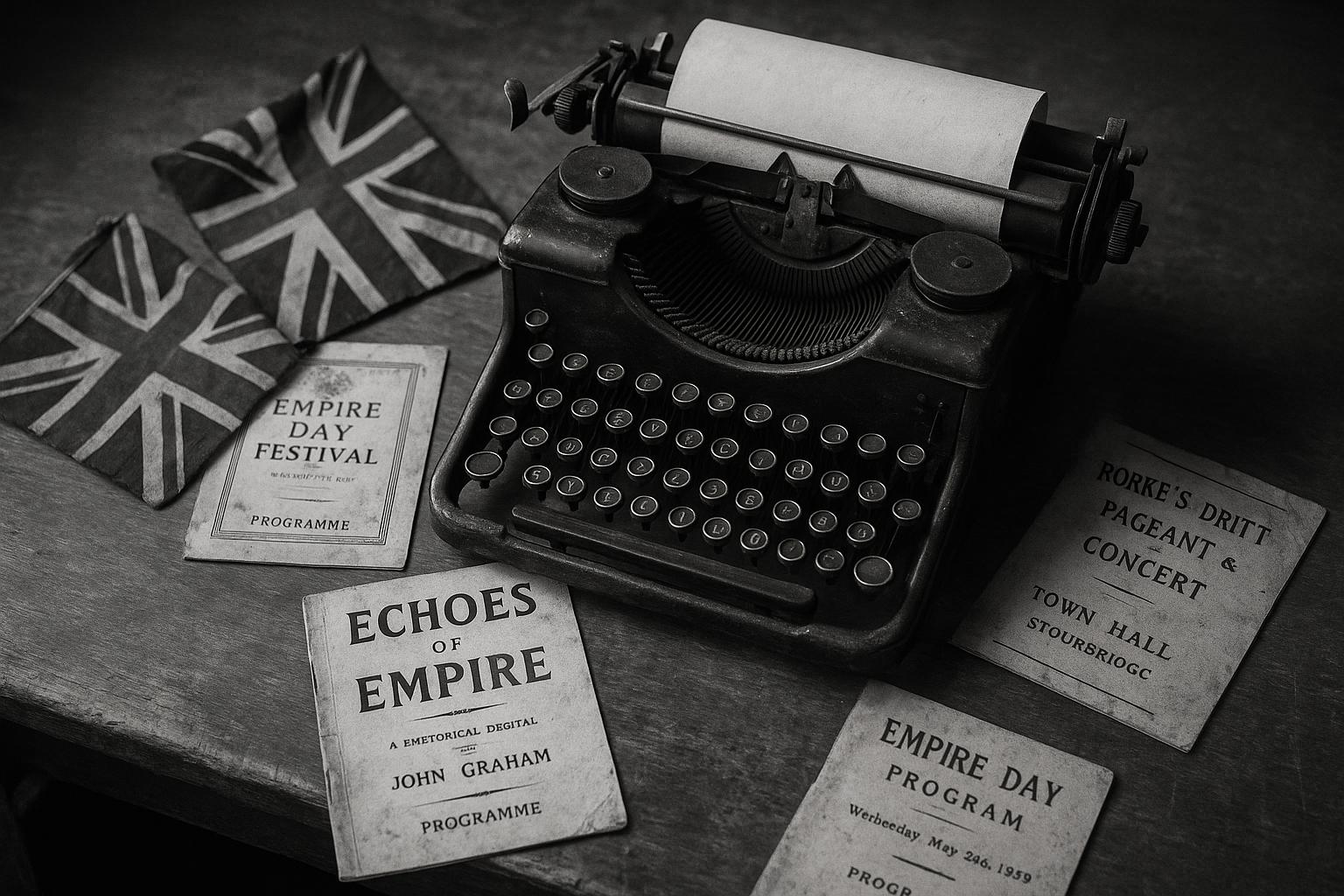Comedian and musician Bill Bailey marked a significant milestone by making his BBC Proms debut at the prestigious Last Night of the Proms, held at London’s Royal Albert Hall. Performing Leroy Anderson’s iconic piece, "The Typewriter," Bailey brought a unique touch by playing the historic office equipment as a musical instrument. Speaking to PA news agency, he admitted to feeling “very nerve-racking” at the event, describing it as a “hugely prestigious gig and institution.” The performance held deep personal resonance for Bailey, who revealed receiving a touching message from his 93-year-old father in the audience, reminding him that his late mother "would have been so proud."
Bailey conveyed a strong sense of patriotism and pride in his British identity, reflecting on how such events hold the power to unite communities. “Something like this can really bring people together in a positive way,” he said. He emphasized the historical role of music in forging communal bonds, explaining that music’s communal power “goes back to the very first music on Earth,” knitting people together through shared experience. Bailey highlighted “a tremendous sense of belonging” and “good humour” as key British qualities showcased by the Proms, praising the event for stirring national pride and fostering a collective spirit among attendees waving flags and celebrating together.
The Proms this year also featured a revived rendition of “Rule, Britannia!” sung by soprano Louise Alder—a song previously subject to controversy, with the BBC almost dropping the vocal section in 2020 due to its links to colonialism and slavery. Bailey acknowledged the complex historical context of such pieces but defended their enduring emotional impact. “Most people are able to see them in context,” he commented, recognising that while the songs might be “problematic” today, their stirring melodies continue to resonate.
Adding further musical gravitas to the evening was the participation of iconic rock band Queen’s guitarist Sir Brian May and drummer Roger Taylor. They joined the BBC Symphony Orchestra and choir in a special 50th-anniversary arrangement of the band’s epic "Bohemian Rhapsody," featuring West End vocalist Sam Oladeinde. Oladeinde described the experience as “terrifying but exhilarating,” finding reassurance from sharing the stage with legends like May. Sir Brian himself described the performance as “very emotional” and expressed a desire to perfect certain aspects in hindsight, though he overall felt the event’s atmosphere was “great.”
The Last Night of the Proms, conducted by Elim Chan, also showcased solo performances from Alder and celebrated trumpeter Alison Balsom, who announced her retirement from performing at 46. Balsom, married to film director Sir Sam Mendes, described the event as her “last night on stage” in a recent BBC Radio 4 interview, marking the occasion as one rich in both farewell and celebration.
This year's Proms took place amid significant public unrest, with protests in London leading to multiple arrests at the "Unite the Kingdom" demonstration organised by Tommy Robinson. Bailey acknowledged the contrast but stressed that cultural events such as the Proms have a unique ability to foster unity and positivity even during turbulent times.
In a year that brought together such diverse elements—from personal family moments and national pride to cultural reflection and iconic musical collaborations—the Last Night of the Proms reaffirmed its place as a powerful communal and cultural event in Britain's calendar. Bailey’s heartfelt debut encapsulated the spirit of the evening: a celebration of Britishness that embraces history, community, and shared joy through music.
📌 Reference Map:
Source: Noah Wire Services
